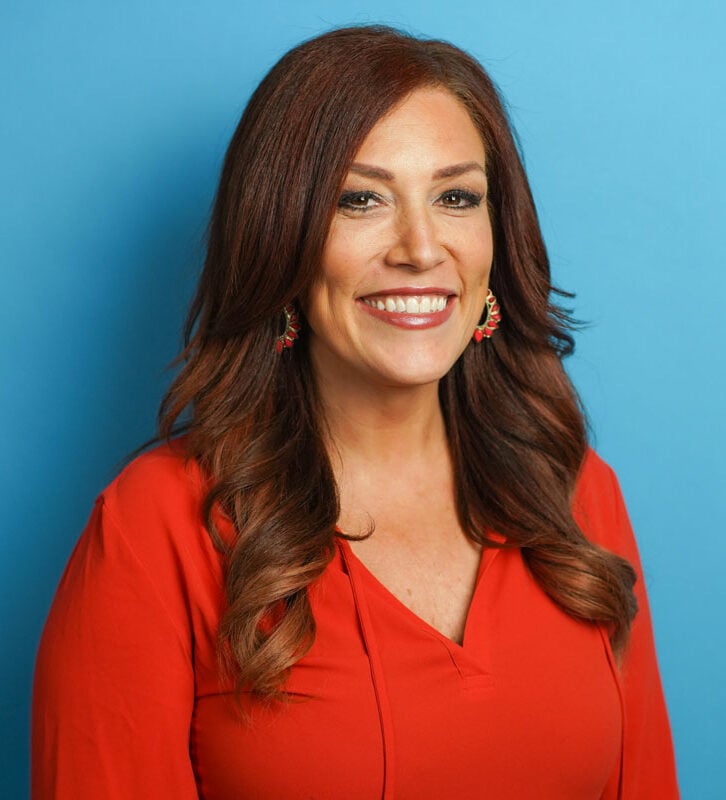Moonbug’s latest study reveals a massive empathy gap in marketing to families—and how to close it.
Every day parents are overloaded with parenting advice, Pinterest-perfect ads and hashtag-heavy campaigns, but one truth rings out from Moonbug Entertainment’s new “State of Parenthood” study: parents don’t feel seen.
According to the research released just weeks ago and rooted in a robust mix of quantitative surveys (1,000 U.S. parents) and deep qualitative interviews, 41% of parents say no brand has truly reflected their emotional experience of parenting.
And if you’re a marketing leader hoping to woo moms, dads or caregivers, that should stop your scroll.
The empathy gap is real
For years, brands have leaned on predictable personas: the stressed-but-smiling mom, the goofball dad, the squeaky-clean kitchen and the magically well-behaved toddler in a $38 onesie. But Moonbug’s findings reveal a more complicated—and frankly, more relatable—reality:
- 52% of parents say their day feels like a constant firefight
- 47% say they feel unseen by the media
- 63% want more representation of imperfect parenting moments in brand storytelling
Parents aren’t asking to be idolized. They’re asking to be acknowledged.
The cost of missing the moment
Here’s where it gets real: the study highlights emotional dissonance and shows lost opportunity. Moonbug found that when brands do reflect the real ups and downs of parenting, the ripple effect is massive:
- 42% of parents seek more content from the brand
- 40% become vocal brand advocates
- 41% explore additional product offerings
This isn’t just about storytelling—it’s about strategic expansion. Authenticity has become a conversion lever.
“Parents are our most under-appreciated influencers,” says Yasmin Zahid, Moonbug’s Global Head of Franchise and Distribution. “They share content, recommend products, create content—and yet they often feel invisible in the media mix.”
What marketers are getting wrong
Let’s cut to the chase: too many brands are still marketing to the idea of parents, not the reality.
Some common misfires?
- Over-sanitized ads that erase mess, tantrums or uncertainty
- Tone-deaf campaigns that assume all families look or operate the same way
- One-size-fits-all solutions that ignore single parents, working-class families, caregivers with disabilities, LGBTQ+ parents and blended households
This emotional blind spot leads to creative that feels performative at best, alienating at worst. And in an age of micro-communities, content creators and rising parental advocacy, families aren’t afraid to call out the disconnect.
Enter: “CoComelon Can Help”
Moonbug’s research directly informed the launch of CoComelon Can Help, the brand’s first-ever campaign aimed at supporting parents as much as entertaining kids. Some highlights:
- It offers free resources, like a parent support hotline.
- It features influencer-led “ParentChats”, where real moms and dads open up about everything from bedtime battles to burnout.
- It’s being promoted across out-of-home, digital and on-platform content, with QR codes leading to a “Parent Hub” designed to help families feel less alone.
This is more than a campaign. It’s a repositioning of CoComelon as an ally, not just a screen-time savior.
What this means for your brand
You don’t need to be in kids’ entertainment to act on these insights. Any brand targeting parents—CPG, travel, finance, tech or retail—can unlock loyalty and lifetime value by showing up more honestly.
Here’s your 4-point empathy playbook:
-
Ditch the perfection
Show the mess. Embrace the flaws. Normalize the meltdown in aisle five. This isn’t risky—it’s resonant.
-
Center the parent, not just the child
Most ads talk to the child through the parent. Flip the script. What does the parent need to hear, feel or be reassured about?
-
Build in moments of micro-support
Whether it’s a downloadable chore chart, a self-care check-in or a quick-tip video, create utility, not just awareness.
-
Use content to validate, not dictate
Instead of telling parents what they “should” do, share what other parents actually do. It’s more effective and less patronizing.
The marketing shift that wins
Marketing to parents in 2025 isn’t about having the most adorable baby in your ad or shouting your values louder than the competition. It’s about matching tone with truth.
Moonbug’s study is a telling you loud and clear: your audience isn’t looking for inspiration. They’re looking for acknowledgment. The brands that respond with empathy, transparency and relatability won’t just earn impressions. They’ll earn loyalty.
And if 41% of parents don’t feel seen today, imagine the market share waiting for the brand that finally looks them in the eye.





